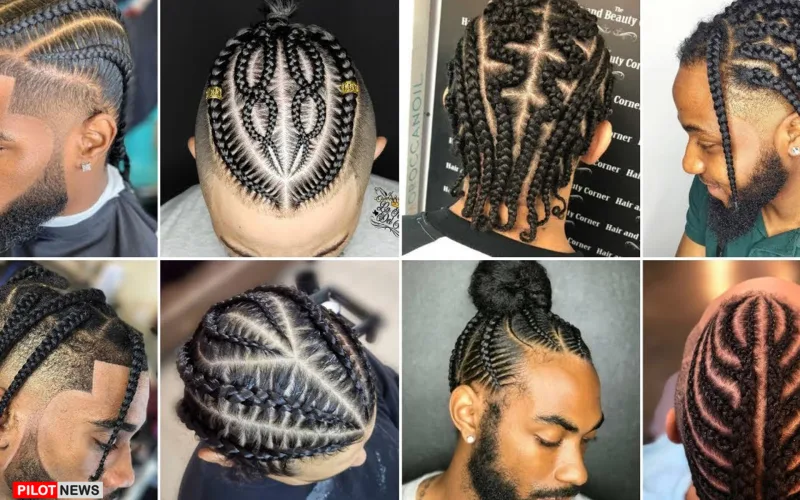Tanzania’s Zanzibar has banned men from braiding their hair, and those caught face a fine of Sh1 million($409), six months imprisonment, or both.
Dr. Omar Adam, the executive secretary of the Council of Arts, Film, and Culture in Zanzibar, told local media outlet that this move is designed to protect Zanzibar tradition and culture.
“Police will arrest all men who plait hair; this is not acceptable by the arts council, and there is a special permit for plaiting hair, which is Sh1 million, and we have set that price in order to deter them. Now it is your choice to either pay Sh1 million to plait or buy a razor to shave,” said Dr. Omar.
The law has been in existence since 2015 but has not been implemented. Omar, however, did not state whether it would apply to foreign visitors.
Later today, the Government of Zanzibar has apologized and further clarified that the ban on men braiding their hair does not affect individuals from outside the isles.
The government’s remarks come one day after the executive secretary of the Council of Arts, Film, and Culture in Zanzibar, Dr. Omar Adam, said any man caught with braided hair will face a fine of Sh1 million, six months imprisonment, or both.
However, speaking in a press conference on Wednesday, Zanzibar’s Minister of Information, Youth, Culture, and Sports, Ms. Tabia Maulid Mwita, clarified the matter and apologised for the confusion that occurred after the ban was made public.
However, speaking in a press conference on Wednesday, Minister of Information, Youth, Culture and Sports, Ms Tabia Maulid Mwita clarified the matter and apologised for the confusion that occurred after the ban was made public.
Although the Minister admitted that there is a special law that prohibits men braiding their hair in Zanzibar, she said the ban mainly focuses on Zanzibari youth, and the nation recognizes diplomatic issues and the culture of other people, such as the Maasai and other foreigners, so they cannot prohibit people from outside Zanzibar from embracing their own culture.
Law number seven of 2015, Section 7, talks about protecting Zanzibar’s traditions and culture.
“Following the information that has circulated on social media based on the statement of the Executive Secretary, I take this opportunity to clarify that the Council of Arts does not have the authority to grant permission to people to braid their hair out of moral obligation,” she said.
The minister also said that they recognize some people with such cultures as the Maasai, so the law does not affect them because it is their culture.
She said the government cannot use force to deal with the matter, but will ensure that it provides more education through various channels in the community and in schools so that young people in Zanzibar will not do such things.
The minister also said that they recognize some people with such cultures as the Maasai, so the law does not affect them because it is their culture.
Commenting on the matter, some stakeholders in art and tourism had different opinions, saying that if this matter is implemented, it could have a big impact on the island economy.
A fashion designer, Waiz Shelukindo, said that the issue could have an impact because there are people who have braided their hair not for leisure but because of special contracts with advertising companies.
So he advised the government that before starting to implement the law, it is better to consider such people.
